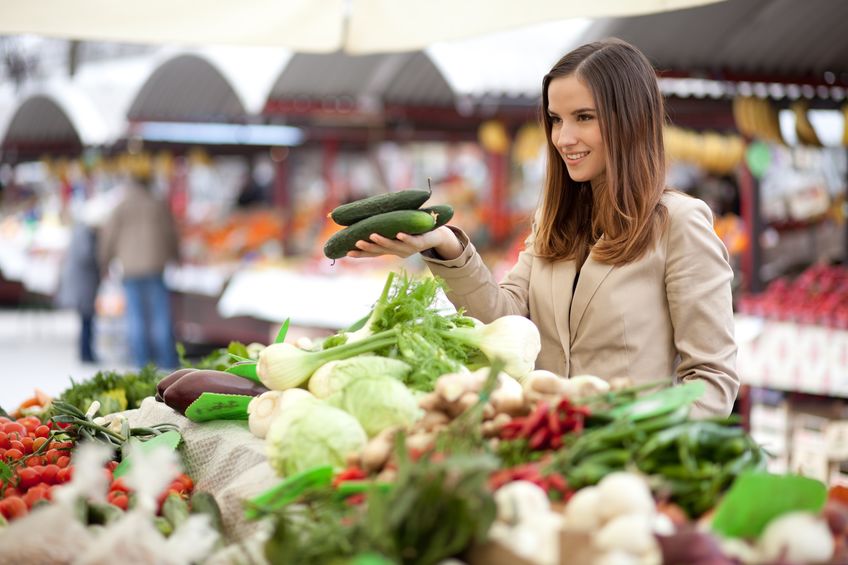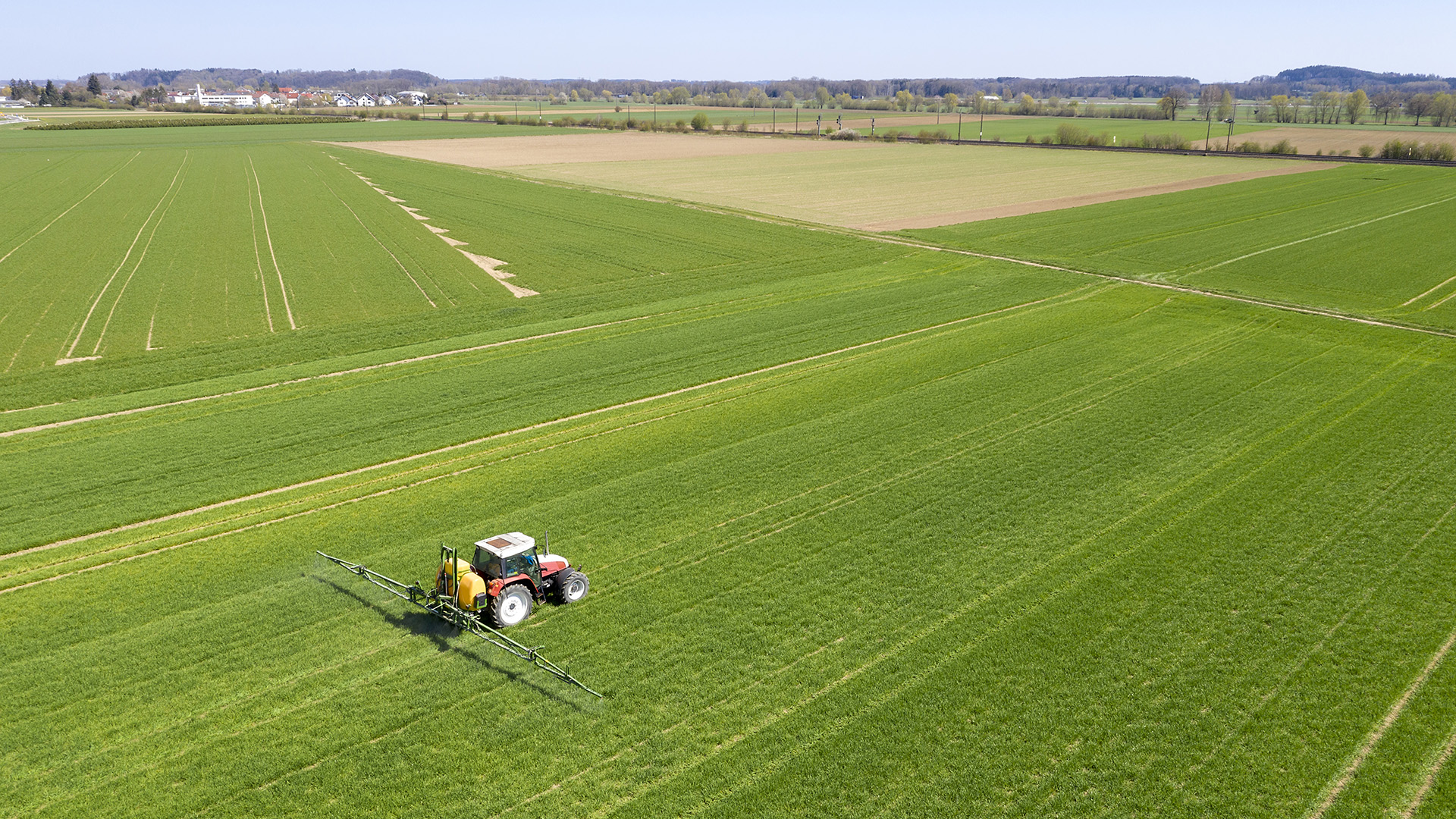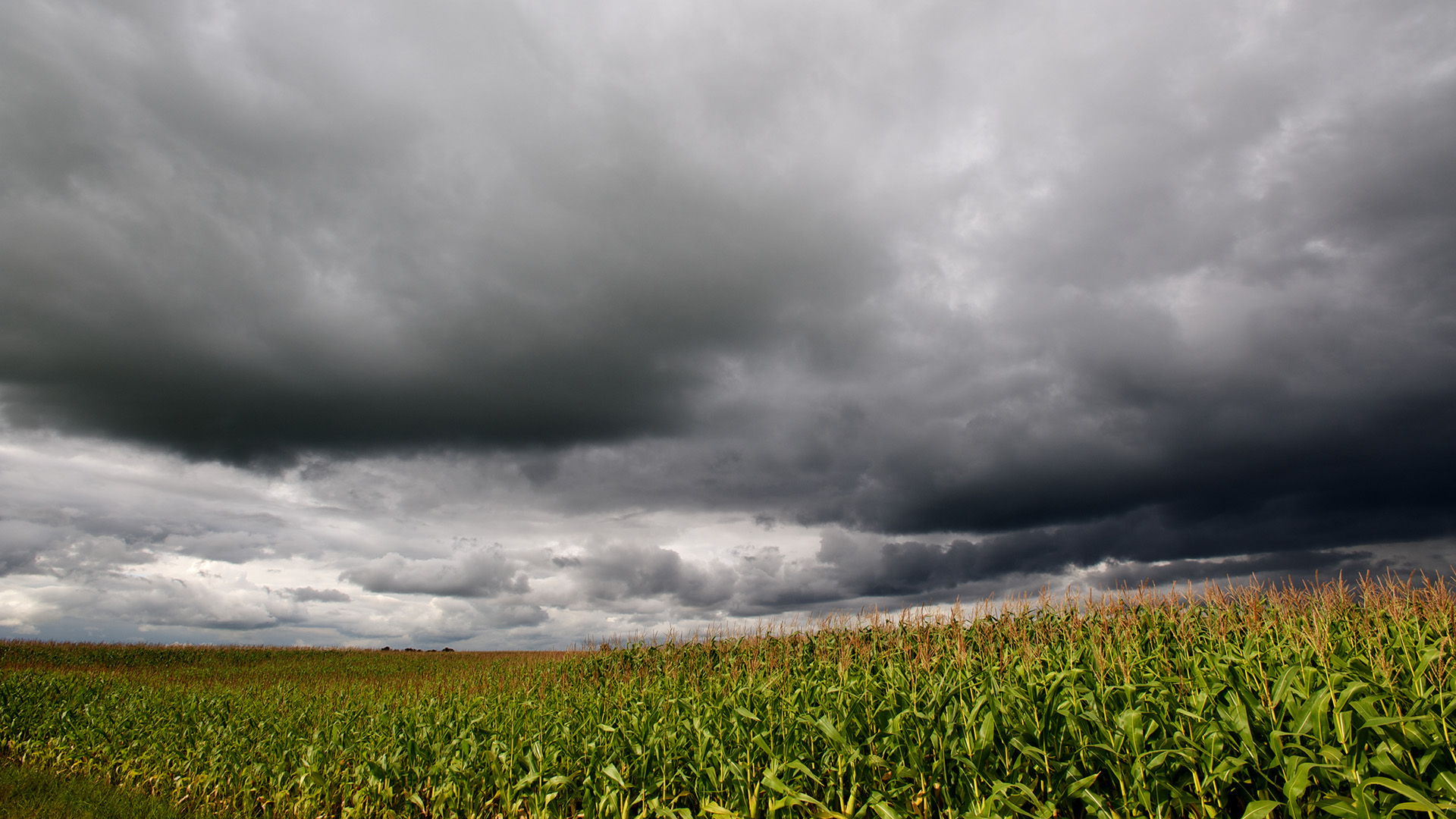If you’re a farmer, it’s likely you know what a farmersmarket it, even if you’ve never been to one. Did you know that it can be called a farmers market as soon as two farmers are present? Contrary to what some believe, a farmers marketisn’t a free-for-all. Laws and guidelines have been establishedfor each state, andeach market vendor must adhere to them.
Farmers Market Laws You Should Know
Farmers markets began as a community event where local growers sold fruits and vegetables. Over time, the idea has grown. Vendors can now sell meat, honey, jams, pies, and more. Because of its growingpopularity, food safety regulations have been created.
These food safety regulations will be your guide, should you decide to sell (or buy) at a farmers market. (These laws are specific to Indiana. Additionally, each county may havedifferent regulations. Always check with your local health department beforebecoming a vendor.)
Ready-to-Eat or Not?
Ready-to-eat foods are foods that do not require further processing before consuming them. These are things like peaches, tomatoes, and grapes.
Foods that need more processing once they’re purchasedare considered”foods that need further preparation” before being eaten. Some examples are potatoes, beets, and corn.
Because ready-to-eat foods are riskier to consume, they need to be strictlyregulated. They are likelier to be the culprits of contamination. Also, ready-to-eat foods must be handledwith utensils—nobare hands.
Hot Foods vs. Cold Foods
Feel free to take the barbeque party with you to the farmers market. Foods can be cooked on site using proper precautions. Hot foods need to remain hot at 135 degrees.That means no warming trays or slow cookers.
Cold foods need to stay cold. They must be heldat a temperature of 41 degrees or below. Make sure you bring a few bags of ice on a hot summer day.
Packaging and Labeling
A label is requiredfor any packaged foods that include more than two ingredients. Jams or cookies, for instance.
Processed foods cannot be made in a private kitchen and then brought to a farmers market. They must be cooked or baked in a commercial kitchenwhereappropriate inspections have taken place.
Final Tips
- Meat, wild game, poultry, rabbit, dairy, and eggs must be takento and from the farmers market in a refrigeratoror freezer.
- If you’re selling open containers of food, your vendor tent must have a covering over the display area.
- All farmers markets must have hand-washing stations. Hand sanitizing products don’t count.
- Clean all utensils thoroughly at the close of the farmers market or at least every four hours during the day.
Farmers markets are a super fun way to make money and stay connected to your community. It’s the bestplaceto find fresh produce, to boot!
If you plan on taking your crops to your local farmers market, it’s more important than ever to take care of your farm. Give Wathen Insurance a call at 765-676-9666, and we’ll tell you all about how we can help you be the best farmers market vendor ever.
(Excerpt)
SEO Title
Focus keyword:






Recent Comments